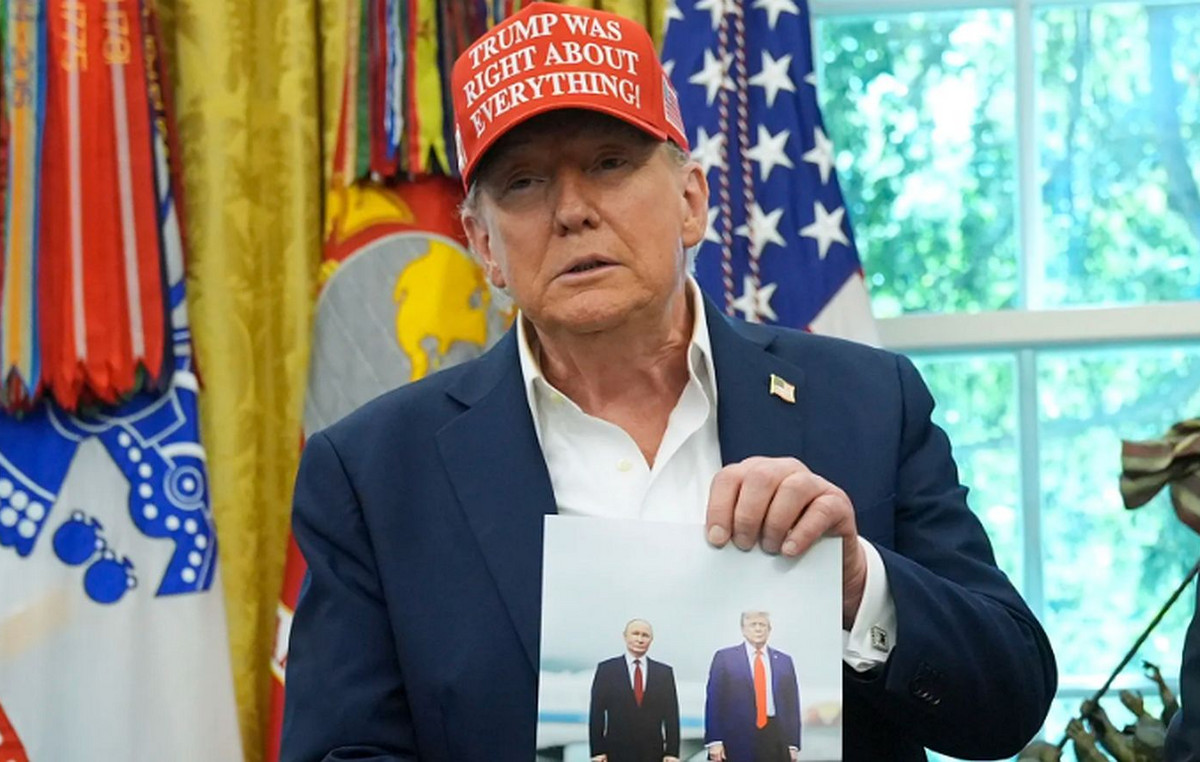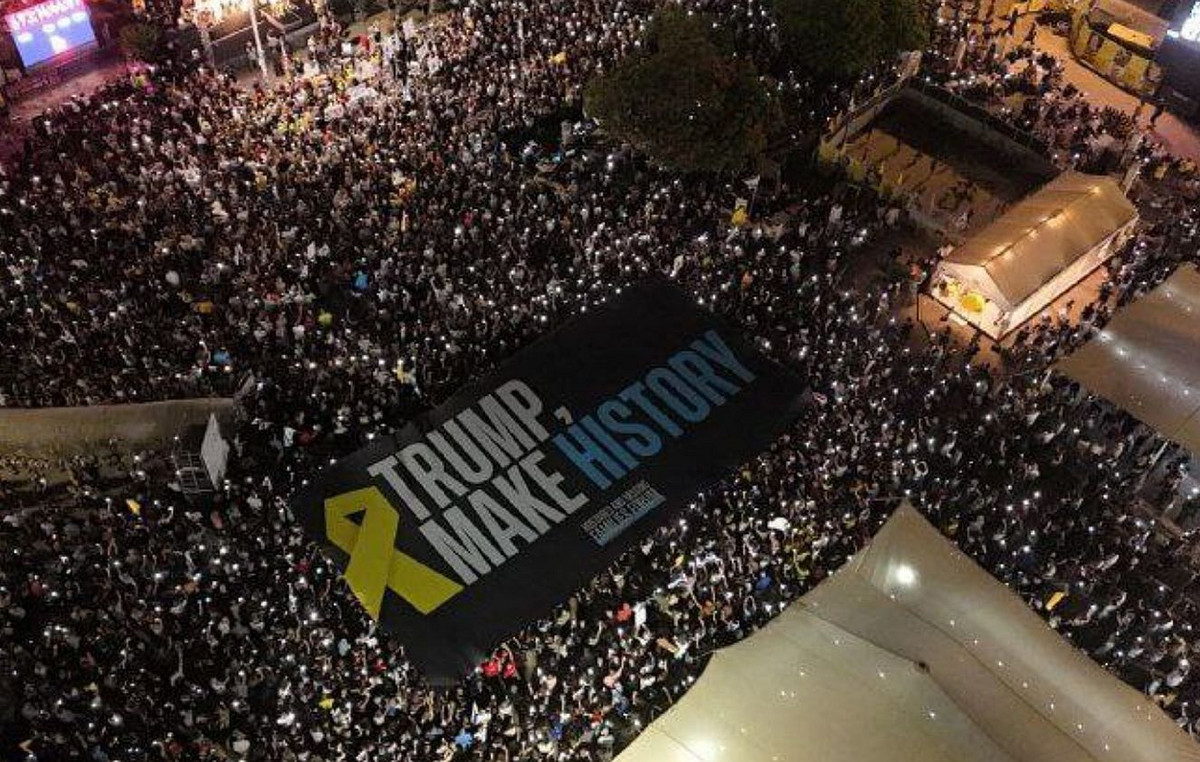The Ibovespa, the main index of the B3, the Brazilian stock exchange, has lost the equivalent of R$577 billion in market value since October 21, the last time it hit 119,000 points.
The calculations are from the TradeMap investment platform and consider the variation until the close of Friday (9).
On that October 21, nine days before the second round of the presidential elections, which took place on October 30, the Ibovespa rose 2.35% and closed at 119,928.79, amid surveys that indicated improvement in the then reelection candidate Jair Bolsonaro and also to a season of strong corporate earnings.
It was the best score since March of this year and one of the best weeks since 2020.
Since then, the stock market reversed optimism and entered a downward spiral that dropped it back to close to 105 thousand points, while the government of president-elect Luiz Inácio Lula da Silva took the first steps of the transition and clearer signs that it should have a more statist agenda and greater public spending.
This Monday (12), around 4:30 pm, the Ibovespa fell 2.8%, to 104,553 points, the worst levels since August.
On investors’ radar is the expectation for the next appointments to ministries and the economic team of the PT government, after the confirmation, on Friday, of former São Paulo mayor Fernando Haddad for the Treasury.
Among the “scares” of investors this Monday is the news that the former minister of Lula and Dilma Rousseff Guido Mantega is still quoted for positions in the front line of the government, increasing, once again, the weight of nominations policies and the PT hard core on the market’s preference for technical names.
Also this Monday, the political analysis consultancy Eurásia released a report saying that the Lula government should overturn the state-owned law by means of a provisional measure.
Published in 2016, during the government of Michel Temer, the state-owned law created a series of rules to professionalize the governance of state-owned companies and make political appointments at their summits more difficult.
“The repeal of this legislation would significantly facilitate political appointments to the boards of state-owned companies”, says the consultancy.
“Thus, Lula could promptly nominate Senator Jean Paul Prates as CEO of Petrobras and political appointees to public banks. The move could also help negotiations with centrist parties, who will demand guarantees from the government that they will continue to control a large chunk of the budget,” the report continues.
succession of discouragements
Shortly after the confirmation of Lula’s victory, on October 30, the stock exchange began a season of optimism, based on the good economic results that the former president delivered in his first two terms and on important names that supported him during campaign and also on the transition team.
Former minister Henrique Meirelles and some of the main economists who participated in the formulation of the Real Plan are some of them.
On November 4, the stock market returned to 118,000 points and the dollar plummeted to R$5. The honeymoon attempt, however, lasted a very few days.
Repeated declarations by Lula criticizing fiscal austerity policies, in his first public appearances after being elected, quickly turned the markets sour. On the worst days, the dollar reached R$ 5.40.
The apparent bottomless hole for spending that the Transition PEC began to open, in search of extra funds to finance programs of the new government, did not help either.
Dubbed “PEC do Explosion”, the proposed amendment to the Constitution presented by Lula’s transition team even asked for a license of almost R$ 200 billion more per year, outside the spending ceiling, for all four years of the mandate. , to cover the costs of an expanded Bolsa Família.
Currently pending in Congress, and running out of time to be effective from January 1st along with the 2023 Budget, the PEC of the Explosion has already undergone some adjustments in the Senate that softened the hole it opens in public accounts.
Even so, the account remains much saltier than the financial market and investors, who are interested in the size that public debt can reach, would like.
Source: CNN Brasil
A journalist with over 7 years of experience in the news industry, currently working at World Stock Market as an author for the Entertainment section and also contributing to the Economics or finance section on a part-time basis. Has a passion for Entertainment and fashion topics, and has put in a lot of research and effort to provide accurate information to readers.







